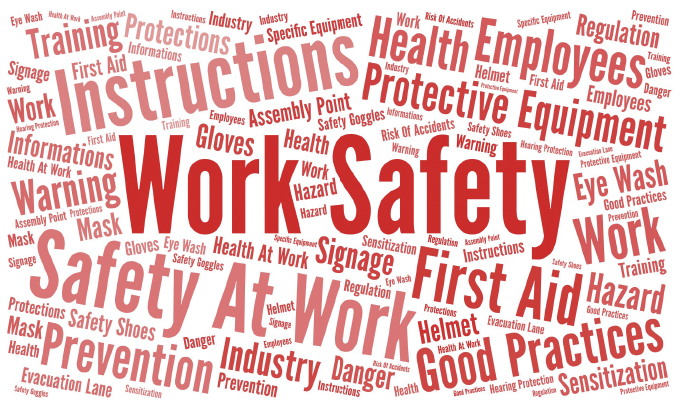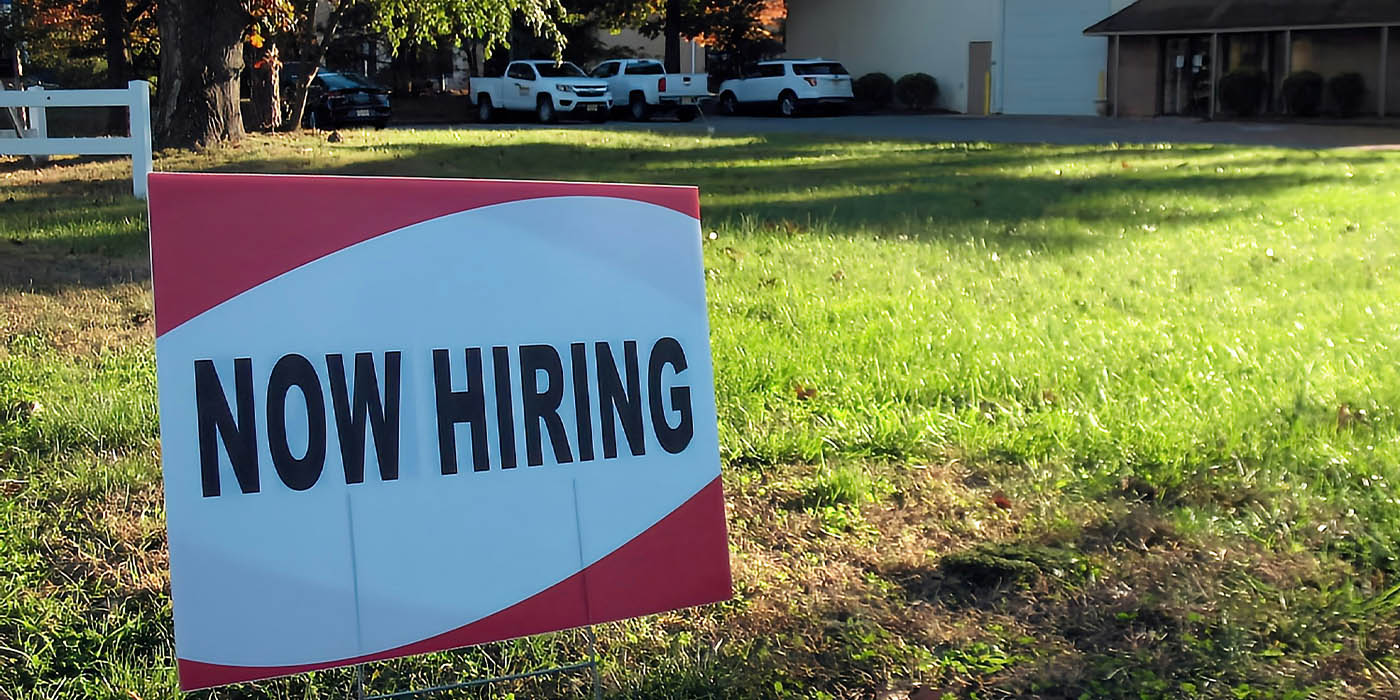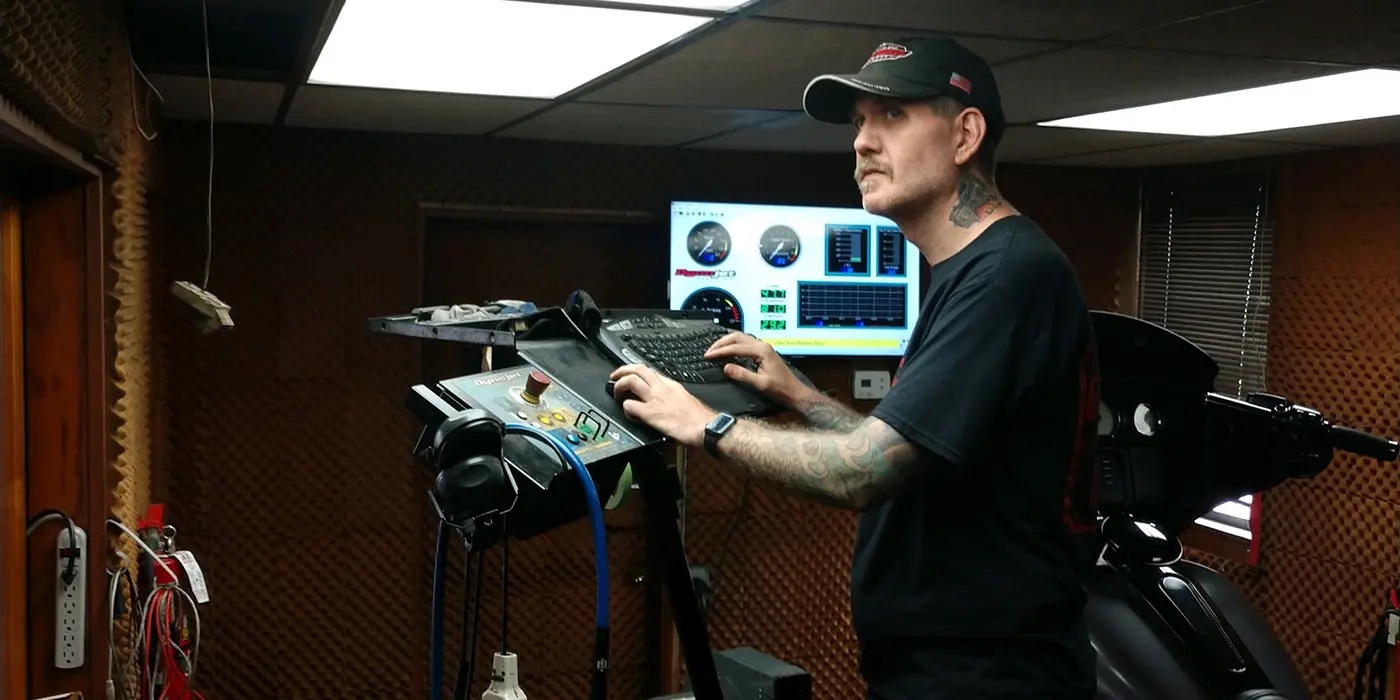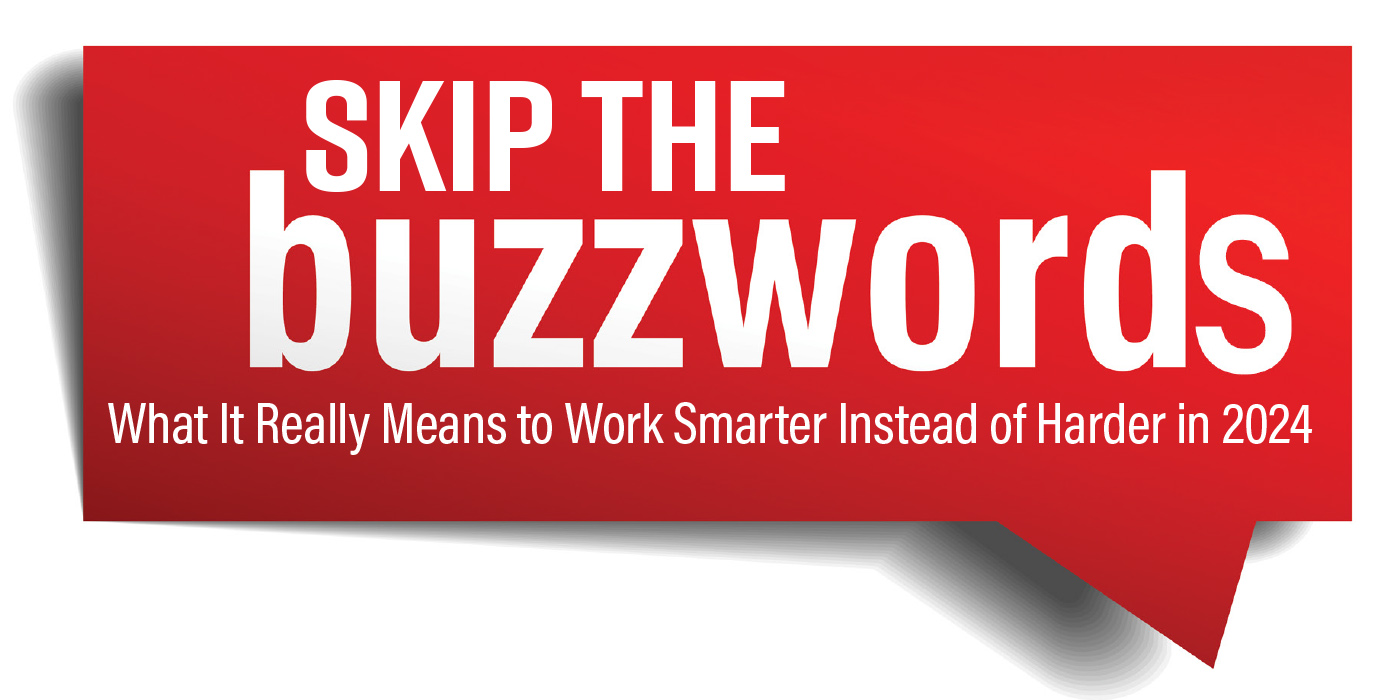Ensuring the safety and health of your employees has never been more important than it has been over the past few months during the COVID-19 pandemic. When you add customers to the mix, there are even more elements to consider, and it can be stressful trying to decipher all of the relevant information.
By now, you already have plans in place based on local, county, state and federal guidelines related to the pandemic. But after several months of navigating this constantly evolving situation, it is always a good idea to review your duties as a shop owner. As a reminder, OSHA’s General Duty Clause requires employers to provide employees with a workplace free from “recognized hazards likely to cause death or serious physical harm.”
Guiding Principles
The following are guiding principles recommended by OSHA that apply to collision repair shops and other businesses:
Guiding Principle: Hazard Assessment
Assess all job tasks held by employees to determine which tasks or categories involve occupational exposure.
Consider exposures from customers or others with whom workers interact, as well as exposures from close contact with coworkers in the shop.
Consider current outbreak conditions in your community.

Guiding Principle: Hygiene
Provide soap, water and paper towels for employees and visitors to wash their hands, and encourage frequent and proper handwashing.
Provide hand sanitizer with at least 60% alcohol, and encourage workers to use it frequently when they cannot readily wash their hands.
Identify high-traffic areas, as well as surfaces or items that are shared or frequently touched, that could become contaminated. Clean and disinfect frequently using EPA-registered disinfectants, and adhere to CDC guidance for controlling the spread of COVID-19.
Guiding Principle: Social Distancing
Limit shop occupancy to a number of workers and customers that can safely be accommodated to allow for social distancing.
Demarcate flooring in six-feet zones in key areas where workers and customers would ordinarily congregate, such as restrooms, the break room and lobby area.
Post signage reminding workers and customers to maintain at least six feet between one another.

Guiding Principle: Identification and Isolation of Sick Employees
Ask employees to evaluate themselves for signs and symptoms of COVID-19 before coming to work, and to stay home if they are not well.
Establish a protocol for managing people who become ill in the workplace, including details about how and where a sick person will be isolated while awaiting transportation from the workplace, to their home or to a healthcare facility, and cleaning and disinfecting spaces the ill person has occupied to prevent exposure to other workers or customers.
Guiding Principle: Return to Work after Illness or Exposure
Follow CDC guidance for discontinuing self-isolation and returning to work after illness, or discontinuing self-quarantine and monitoring after exposure, as appropriate for the workplace.

Ensure workers who have been exposed to someone with COVID-19 routinely monitor themselves or receive monitoring, including for signs and/or symptoms of potential illness, at work, in accordance with CDC guidance.
Guiding Principle: Controls
Select and implement appropriate engineering controls (e.g. physical barriers/shields to separate workers, enhanced ventilation), and administrative controls (e.g. staggering work shifts, limiting breakroom capacity, practicing social distancing, ensuring workers wear appropriate face coverings to contain respiratory secretions), and providing and ensuring workers use appropriate PPE, identified through hazard assessments and in accordance with OSHA’s standards.

Guiding Principle: Workplace Flexibilities
Evaluate existing policies and, if needed, consider new ones that facilitate appropriate use of remote work, sick or other types of leave, and other options that help minimize workers’ exposure risks.
Communicate about workplace flexibilities, and ensure workers understand how to make use of available options, such as fatigue management.
Guiding Principle: Training
Train workers in the appropriate language and literacy level about their risks of exposure, what the shop is doing to protect them and how they can protect themselves.
Train workers about wearing cloth face coverings in the workplace, including any employer policies related to their use and considerations for when cloth face coverings could cause or contribute to a workplace safety and health hazard.
As required by OSHA standards for PPE, including respiratory protection, and consistent with OSHA and CDC guidance, train workers how to put on, use and take off PPE; how to clean, maintain, store and dispose of PPE; and the limitations of PPE.
Guiding Principle: Anti-Retaliation
Ensure workers understand their rights to a safe and healthful work environment, who to contact with questions or concerns about workplace safety and health, and prohibitions against retaliation for raising workplace safety and health concerns.
Ensure supervisors are familiar with workplace flexibilities and other shop policies and procedures.
Staying the Course
Your shop may be in a small community with few COVID-19 cases at this time, or a large city with strict mandates and rising cases. Regardless, planning and continual review are always key to keeping people safe. Review your own shop’s guiding principles regularly as we navigate this pandemic. You can find more guidance at osha.gov/coronavirus.














